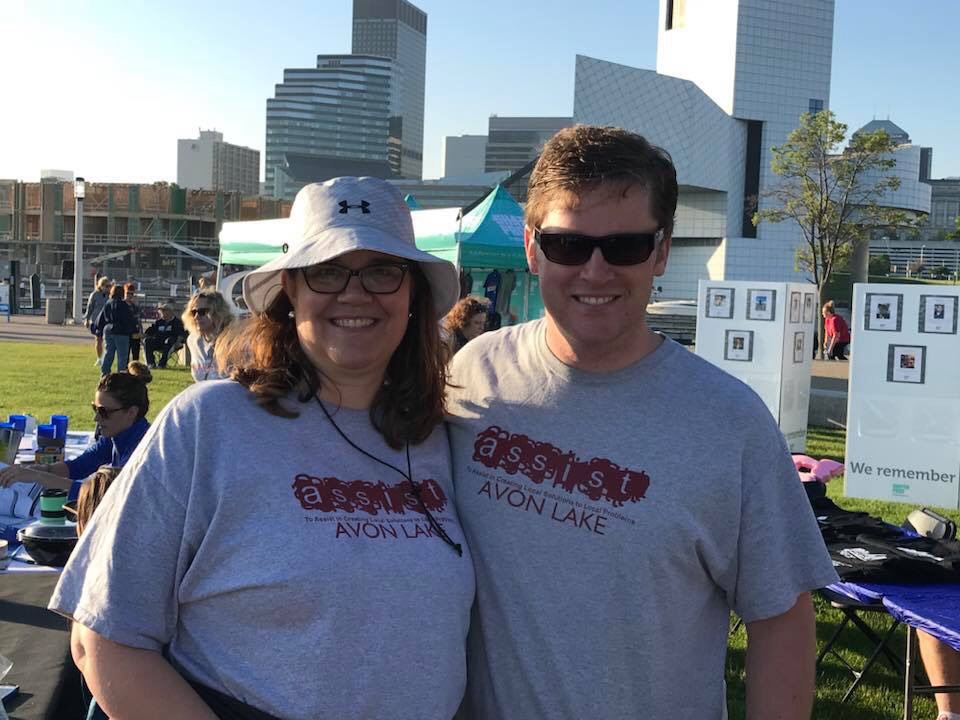This CLE-based care line could change the game for mental health support and opioid recovery
 ASSIST co-founders Lisa Goodwin and Jim Coyne
ASSIST co-founders Lisa Goodwin and Jim Coyne
After the tragic suicides of Kate Spade and Anthony Bourdain, social media turned into a barrage of crisis hotline numbers and pleas for people struggling with mental health issues or addiction to “reach out.”
What if there was another option? A care line designed to build community and prevent people from ending up in “crisis” situations in the first place.
That’s what inspired ASSISTCommunities—a nonprofit that links community members with recovery resources, and organizations with each other. The concept is rolling out first in Avon Lake, and then in any community interested in getting on board.
A platform launch being held at Avon Lake City Council tonight at 7:30 p.m. will be live-streamed here.
Assist founder Jim Coyne says this Avon Lake care line is a prototype for what is possible nationally. Crisis lines, he says, “are overlapping, and they’re inefficient.”
"What we believe is that you give ownership of these care lines to communities—like Avon Lake, for starters—and see what happens,” Coyne explains. “My theory is that it’ll work.”
Coyne founded Assist (previously Assist Avon Lake) in 2013, as a response to the opioid crisis after a high school friend died while attempting to detox. Coyne has also lost two other friends to heroin and fentanyl. The organization has done everything from hosting forums to organizing care packages for sober houses to working with churches and municipalities to help develop peer support programs (like Lakewood’s SOAR, which links outreach specialists with overdose survivors).
Coyne, who also works for Lakewood-based cloud consulting and IT firm Onix, is also currently collaborating with partners such as Google to launch a cloud-based recovery network. This would include features like the system putting out alerts when beds for sober houses or detox centers open up.
There are still questions on how the care line—which will be a toll-free call or text line—will function, including how success will be gauged and how to track and follow up on calls. The goal is to have the line owned by the city and then staffed with volunteers who can connect callers with resources or individuals in their own communities.
“It’s not just about opioids. It can be anyone, [like] people dealing with domestic abuse issues,” says Coyne.
This is really about deliberately creating healthier communities through simple connection, which is why Coyne believes people will utilize this service.
“It’s their community; it’s their neighbors; it’s their family members; it’s their church leaders; it’s their school administrators; it’s their police departments; fire departments," he says. "It’s what their tax dollars are going to and it’s localized."
Head to ASSISTCommunities’ Facebook for updates on upcoming events and fundraisers.
